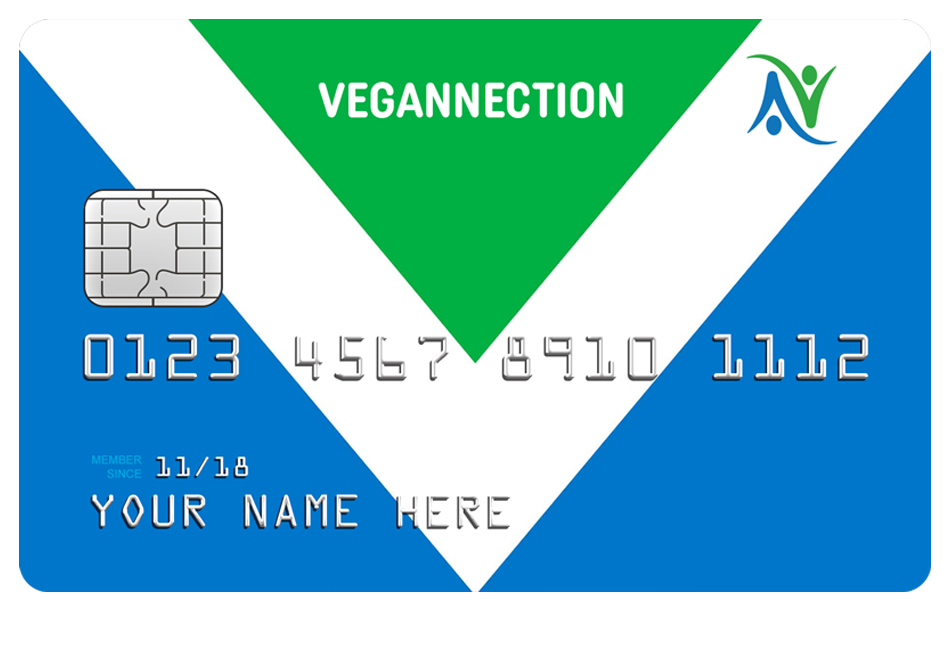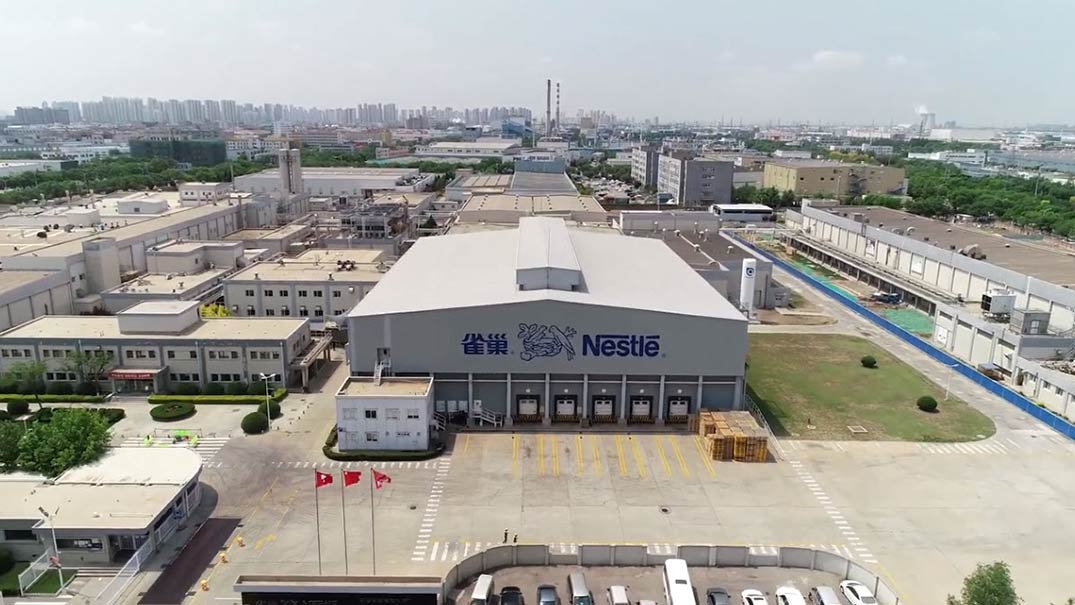Download Free Vegan Starter Kit -

Plant Based Food Investments In India - The Wide Opportunity
When I started penning this article, a news flash popped up on my screen which read ‘Jubilant Foodworks (Domino’s) introduces India’s first plant-protein pizza “The Unthinkable pizza”. And undoubtedly, this is great news for alternative protein & plant-based foods enthusiasts, and India as a market at large. The reason it is extremely significant is because Jubilant Foodworks is one of India’s largest F&B players and the induction of a plant-based product in the menu signals optimism & encouragement for this rapidly emerging global phenomenon.
Undoubtedly, the plant-based foods and the entire alternative protein space has grown rapidly across the globe over the last decade. The emergence of globally acclaimed players like Impossible Foods, Beyond Meats, Perfect Day has made this an aspirational segment for entrepreneurs and investors across India and other nations as well.
.jpg)
To be honest, aspects like product taste & quality, diversity in cuisine, value for money, nimble supply chain etc. will need to be tackled efficiently, and I am certain that start-ups will effectively deal with these elements.
What products are we selling and who are we selling to?
In any business, whether disruptive or conventional, the first and foremost question to address is adept identification of the target consumer. And if that’s not answered then we might end up with a jungle without the king! I have always maintained that India is a different market, especially when it comes to food preferences and choices due its regional & cultural diversity as well as versatility in agricultural practices across different parts of the country.
Multiple reports have suggested that India is a protein-deficient country and the same may be more prevalent when it comes to purely vegetarian diets. I agree with these findings and the premise, but the significant question to ask is whether it is the lack of awareness/education when it comes to protein intake or is it the non-availability of alternative protein sources that aren’t derived from animal agriculture?
In my humble opinion, the entire ecosystem has to come together not only in terms of creating plant-based products but also to spread education and awareness about the protein-deficiency in the country.
I love reading about food (though I am not the best at making it) and I have discovered that India has an abundance of indigenous protein-rich food sources (remember the peanut chikkis that Indians have been consuming for ages?), especially for vegetarians. These alternatives have been present in the ecosystem for a while. I believe I could safely mention that India’s consumption patterns and the landscape of available food products (especially for protein) is widely different from regions like US & Europe and therefore, it is pertinent that entrepreneurs take note of the same as they try to build their businesses in this segment.
.jpg)
Value for money is high on the need hierarchy and that needs to be factored!
At the risk of sounding like a pompous show-off, I must mention an interesting presentation that came my way when I was researching the food delivery market in India. This report was prepared by Naspers and it spoke about Prosus’ investments in the food delivery markets globally and shared interesting data insights from various countries. Something that caught my eye was a table that highlighted the average order value (AOV) in the deliveries space across markets like US, UK, Brazil & India (for India, the data was sourced from Swiggy, an investee company for Naspers). In the table, India’s AOV in food delivery stood at USD 4 as compared to USD 33, USD 35 & USD 10 for US, UK & Brazil, respectively. Now, you may ask – how is this relevant?
.jpg)
As an investor or an entrepreneur, if you are trying to build a business that will serve a reasonably large section of the 1.25 billion population, you cannot rule out the importance of price and comparison of products on that parameter. Across the Indian plant-based foods landscape, there are interesting startups that are offering great products at competitive prices and have been able to carve a space for plant-based foods. It will be critical for companies to consistently implement price competitiveness (especially compared to prices of chicken, eggs, meat etc.) and also examine the purchase patterns to understand the repeat nature of purchases and take corrective action if repeat rates are low and/or decline.
Moving towards consistency is the key!
There is an adage that is quite old but hasn’t faded - “Rome was not built in a day”. It is truly said that building a business is an amalgamation of multiple aspects and a prime constituent of the same is consistency. When we talk about plant-based alternatives and the active benefits for the environment that it brings about, there are multiple avenues like dairy, meats & seafood that represent potential business opportunities. In my humble opinion, entrepreneurs and investors should appreciate the need to build this domain block by block and the need to create a gradual movement when it comes to food & lifestyle preferences.
To be candid, disruption is a subjective concept and for any disruption to become a long-term sustainable business opportunity, there are multiple wheels that need to move together.
The gradual yet incremental shift towards plant-based foods represents a massive opportunity in India and there are a reasonable number of opportunities to create multi-million-dollar businesses in this category.
The unique challenges that India poses for entrepreneurs and investors might make it challenging but not impossible. In the last few years, the efforts on both supply and demand side have seen a largely positive shift with both companies and consumers understanding the significance of protein in a diet and building the ecosystem around it to take care of the above-mentioned elements.
.png)
The author Mihir Mehta is the Senior Vice President of Ashika Capital Limited, a Mumbai based, hands-on, future focused, investment banking firm and a part of the 25 year old premier financial services company, Ashika Group. Ashika Capital acutely focuses on associating with futuristic industries which are new age and technology enabled, such as F&B, FMCG, Fashion, Consumer Tech and Healthcare.
AUTHOR

trending
2.png)
Be a Vegan First Informer
Send us buzzworthy news and updates
Explore
Contact Us
About Us
Stay Connected
Copyright ⓒ 2017-2023. VEGAN PASSION PRIVATE LIMITED. All Rights reserved.
For more information, please write to hello@veganfirst.com
Registered Office Address: 55, 2nd floor, lane 2, Westend Marg, Saidullajab, Near Saket Metro Station, New Delhi, Gadaipur, New Delhi South West Delhi, DL

2.png)

.png)
.png)
2.png)
2.png)


1.png)









